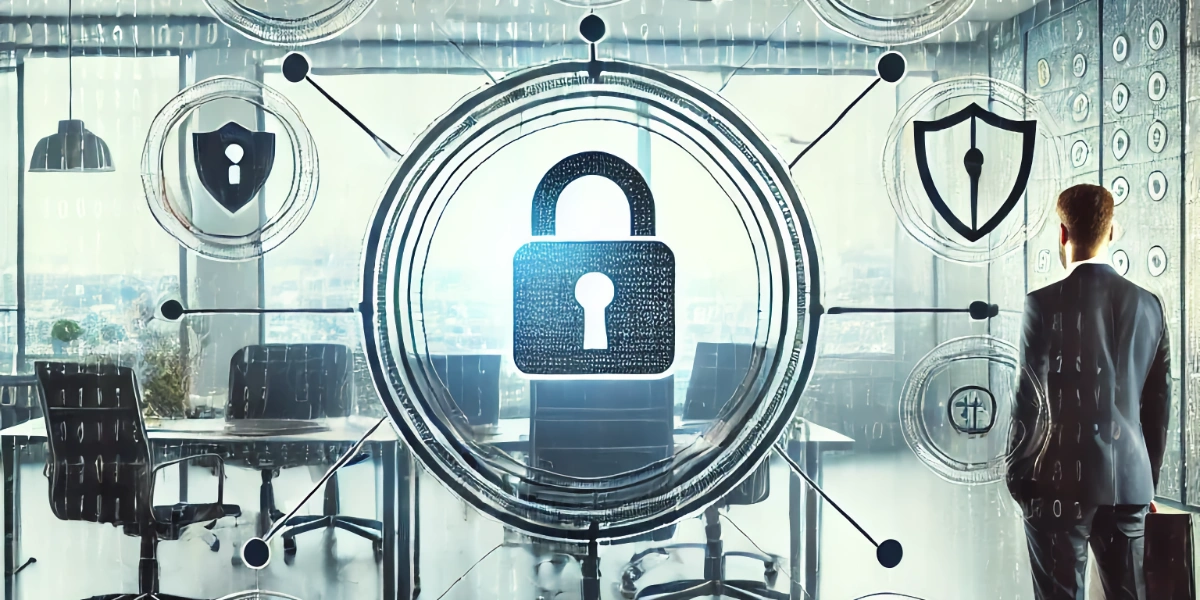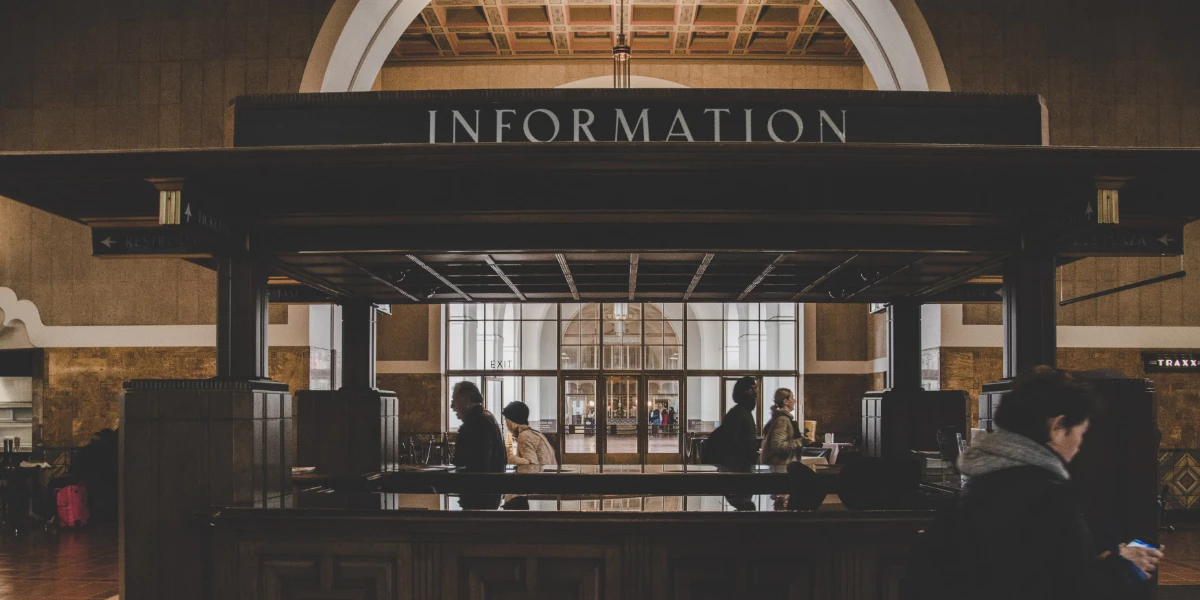

Psilocybin, the active compound found in certain species of mushrooms, has garnered significant interest for its potential therapeutic benefits. However, its legal status varies widely across different regions. This article provides an overview of the current legal status of psilocybin, focusing on recent developments and decriminalization efforts.
The legal status of psilocybin differs greatly from one country to another and even within regions of the same country. In many places, psilocybin is classified as a controlled substance, making its possession, use, and distribution illegal. However, there have been significant shifts towards decriminalization and legalization in recent years, driven by growing recognition of psilocybin’s therapeutic potential.
In the United States, psilocybin is classified as a Schedule I substance under the Controlled Substances Act. This classification denotes that psilocybin is considered to have a high potential for abuse and no accepted medical use. Despite this federal classification, several cities and states have taken steps towards decriminalization and legalization:
In Europe, the legal status of psilocybin also varies significantly between countries. Some countries have strict prohibitions, while others have more lenient policies:
Globally, there is a growing movement towards the decriminalization and legalization of psilocybin, driven by increasing evidence of its therapeutic benefits. Several countries and regions are exploring policy changes to allow for medical and therapeutic use:
The legal landscape of psilocybin is rapidly evolving, with increasing acceptance of its potential benefits for mental health. As scientific research continues to demonstrate the efficacy of psilocybin in treating conditions like depression, anxiety, and PTSD, more regions are likely to reconsider their legal stance on this compound.
It is important to stay informed about the latest developments in psilocybin’s legal status, especially if you are considering its use for therapeutic purposes. Always ensure that you are aware of and comply with local laws and regulations.
Understanding the psilocybin legal status across different regions is crucial for those interested in its therapeutic benefits. While the legal landscape is complex and varies widely, the trend towards decriminalization and legalization is growing. As more evidence of psilocybin’s therapeutic potential emerges, it is likely that we will see further changes in its legal status worldwide.
If you are looking to explore the benefits of psilocybin, it is essential to source it from reputable vendors and stay informed about the legalities in your region. For more information and to purchase high-quality products, visit Shroomrise. Your journey to mental well-being begins with informed and responsible choices.
Image credit: https://unsplash.com/photos/information-kiosk-iOBTE2xsYko

